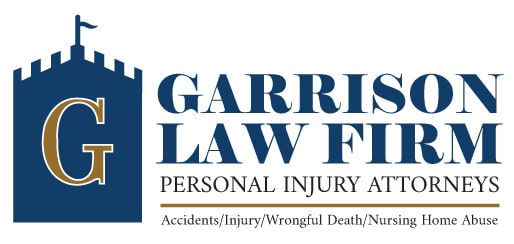When employees are injured on the job, the initial step is often to file a workers’ compensation claim. This system is intended to cover medical expenses and a portion of lost wages, offering support without the need to prove employer negligence. However, when the injury results from the actions or negligence of a party other than the employer or a coworker, third-party liability may come into play. These situations can allow the injured employee to pursue additional compensation for damages not covered by workers’ compensation, such as pain and suffering or emotional distress.
Common Scenarios Involving Third-Party Liability
Third-party liability in the workplace can arise under a variety of circumstances. Here are three common examples:
-
Motor Vehicle Accidents
If an employee is involved in a vehicle accident while performing work-related duties and another driver is at fault, that driver could be held liable in a third-party claim.
-
Defective Equipment
Injuries caused by tools or machinery with manufacturing or design defects may give rise to a claim against the product’s manufacturer or distributor.
-
Hazardous Property Conditions
If an injury occurs on a property not owned by the employer, and the property owner’s negligence led to unsafe conditions, a premises liability claim may be appropriate.
Steps to Take After a Workplace Injury
Immediately after an injury occurs, certain actions can help strengthen any potential third-party liability claim:
-
Document the scene thoroughly.
-
Collect witness statements.
-
Seek medical attention promptly.
These steps help preserve critical evidence that may be vital in proving liability and assessing the extent of damages.
Establishing Legal Grounds for Third-Party Claims
To move forward with a third-party liability case, the injured worker must establish negligence or, in some cases, strict liability. This requires demonstrating a breach of duty that directly caused the injury. Supporting documentation, such as medical records and physical evidence, is essential to validate the claim.
Understanding the Role of Subrogation
Subrogation is a legal mechanism that allows the workers’ compensation insurance provider to recover a portion of the benefits it has paid to the injured employee from any third-party settlement or award. This means that while an employee may recover additional compensation through a third-party claim, a portion of that recovery may be subject to reimbursement. Navigating this process effectively requires a clear understanding of how subrogation may affect overall compensation.
Let Garrison Law Firm Help You Navigate Your Claim
Workplace injuries involving third-party liability can be legally complex and financially significant. If you’ve been injured at work and believe another party may be responsible, Garrison Law Firm in Peoria, AZ can help you understand and pursue all your available legal options. We are committed to ensuring that our clients receive both their entitled workers’ compensation benefits and any additional compensation through third-party claims.
Contact Garrison Law Firm today at 623-915-1100 or complete our online form to schedule a consultation in Peoria, AZ.



